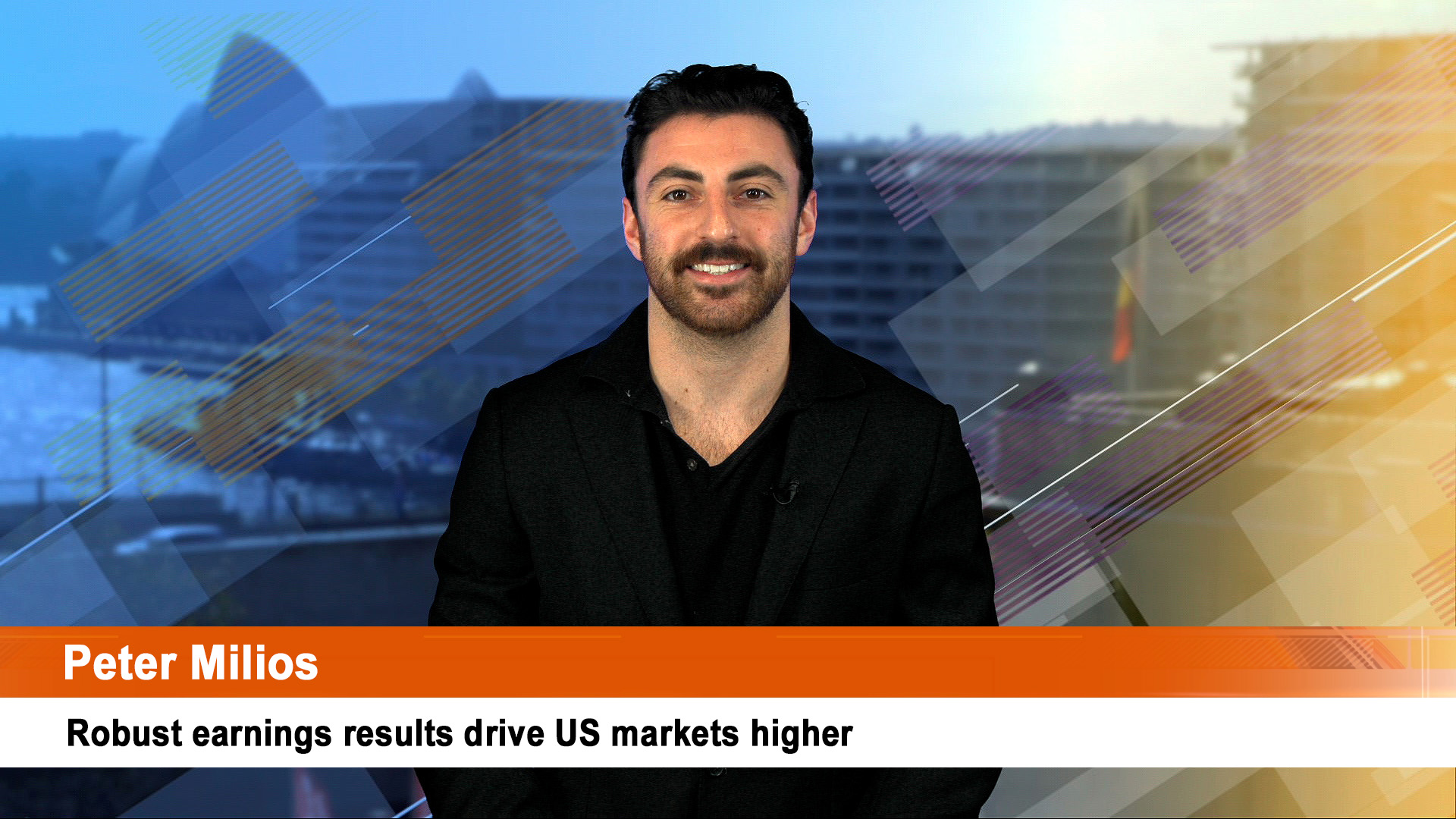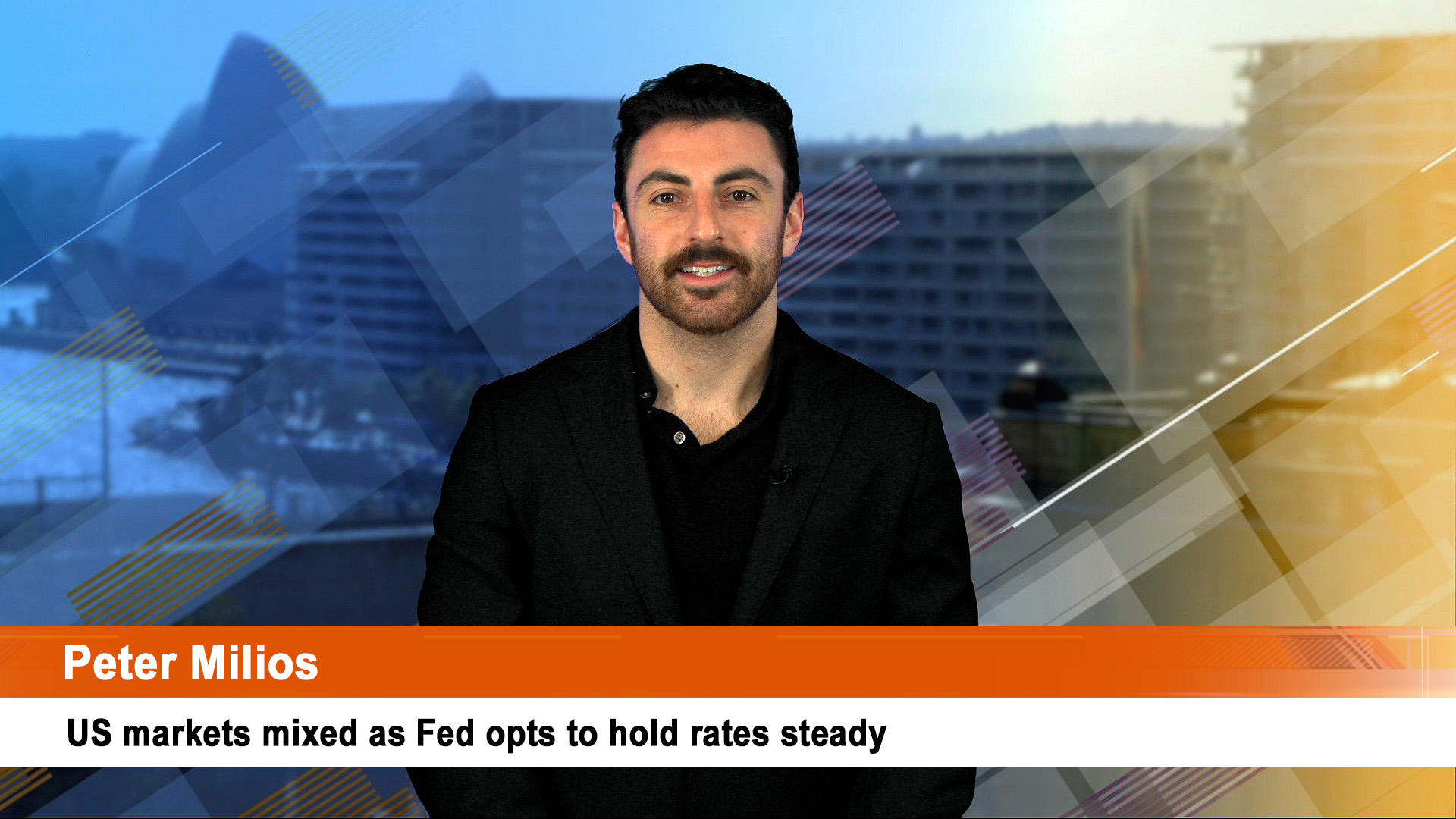It sounds like we are stuck on loop, but the factors hitting global economies and markets over the next six days will be the same as they have been for the past seven weeks: fears about inflation, economic growth, Russian’s ongoing invasion of Ukraine and the continuing ravages of Covid, especially in China.
If it hadn’t been for these major issues, it would be another quiet week ahead.
But that won’t be the case.
The one big event this week globally has already happened with the release on Monday of Chinese first quarter economic growth, production, investment and retail sales data.
It wasn’t good reading and economists say figures for the current quarter (and individual months) will be worse thanks to Covid.
The fallout from those poor figures will reverberate across the world, even as the mid-month surveys of business activity are released on Friday.
These will have remained strong in most major economies outside China, especially in the US, Australia and much of Europe, though the impact of high energy prices and the Russian invasion of Covid will be watched for in data from the UK and Germany especially.
These surveys of business conditions start in Japan and Australia and end up in the US on Friday.
The global finance industry gathers in Washington for the IMF and World Bank Spring meetings which will be held against a backdrop of rising global inflation, soaring energy and food prices, thanks to the Russian invasion of Ukraine and the ongoing effects of the coronavirus pandemic.
Highlights for the week include tonight’s World Economic Outlook and Global Financial Stability Report, with all eyes on how the war in Ukraine will see cuts to growth forecasts this year and next.
The US and European March quarter and half year and full year financial reports will step up this week (see separate story).
After last week, markets will remain focused on the looming Fed meeting.
For the holiday shortened week US shares fell 2.1% and Eurozone shares fell 0.2%. Chinese shares remained under pressure from concerns about Covid related lockdowns. They ended down around 0.4% for the CSI 300 index.
The S&P 500 fell 1.21% to 4,392.59 on Thursday, while the Nasdaq lost 2.14% to 13,351.08. The Dow lost 113.36 points, or 0.33%, to 34,451.23.
The S&P 500 dropped 2.13% for the four-day holiday week. The Nasdaq was down 2.63%, and the Dow eased 0.78% for the week.
The market’s moves came as inflation took centre stage in investors’ minds last week (which will continue this week).
US Treasury yields climbed higher, and two back-to-back US inflation reports showed sharply rising prices. On Thursday, the 10-year Treasury yield rose back to multiyear highs, climbing 13 basis points to top 2.8%.
OPEC lowered its forecast in its latest monthly report, as the cartel expects global economic growth to be slightly weaker than expected due to the economic impacts of the war in Ukraine. Brent crude traded around $US106 a barrel, compared to $US104 for West Texas Intermediate.
Gold also gained ground and was around $US1,977 an ounce. Copper is trading at $US10,290 a tonne in London and $US4.72 a pound in New York, compared to $US3,200 a tonne for aluminium. Zinc, on the other hand, has set a new annual high on the LME, above $US4,500 a tonne on Thursday.
Wheat once again exceeded 1,100 US cents a bushel in Chicago. Price movements naturally remain closely linked to developments in the conflict in Ukraine, which has announced that its production is expected to fall by almost 50% year-on-year.
Australian shares rose 0.6% though with strong gains in utilities, resources and consumer staples. Bond yields continued to rise. Oil and iron prices rose, but metal prices fell slightly.
The Australian market is ignoring the election campaign.
Next Sunday voting takes place in the second round of France’s presidential election, a rematch of the 2017 contest between Emmanuel Macron and Marine Le Pen.
Next Sunday also marks two months since Russia began its invasion of Ukraine on February 24. Hasn’t quite gone like the Russians and Putin thought.













